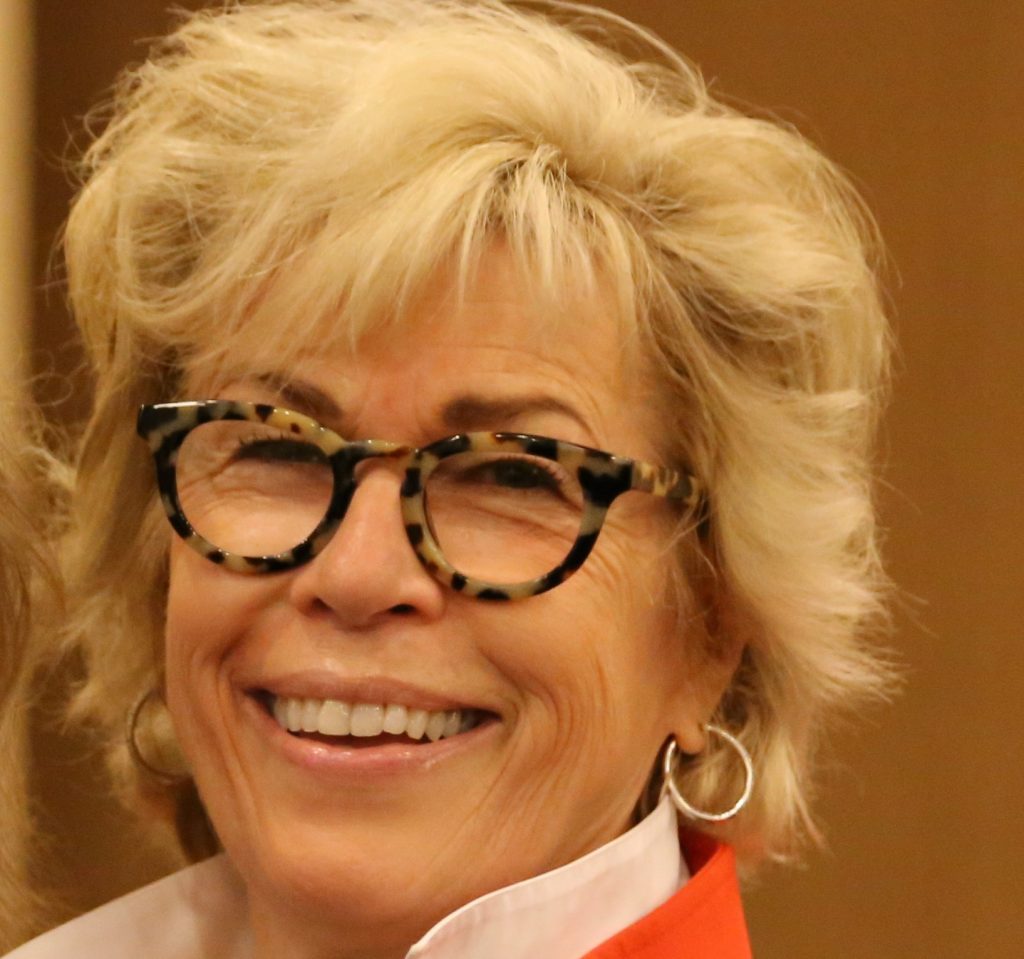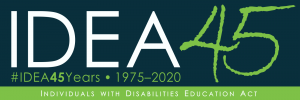The Personnel Who Deliver the Promise of IDEA into the Lives of Children and Families: A Reflection on the 45th Anniversary of IDEA
By Jane E. West, Ph.D.
I began my journey as a special educator in 1973. My first job was as a paraprofessional for students with emotional disturbance. The program was intended to transition students who had been in psychiatric hospitals back into public school. Our classroom was housed in a trailer on the playground of an elementary school in the Bronx.
Fresh out of college with a degree in literature, I was very keen on poetry. With the support of the teacher in charge of my class, I developed a curriculum on poetry. Much to my delight, the students were all in. They wrote some magnificent poems. Shortly after we finished the unit, the principal announced a school wide poetry contest. Elated, I met with him and provided the students’ work for submission to the contest. After looking at the poems briefly, he returned them to me saying, “There is no way those students could have written those poems.” I was devastated.
This was the moment that began my career in special education in earnest. Such a bald declaration of low expectations was beyond my imagination. Today we would call it implicit bias. I knew then I had found my calling.
If the Individuals with Disabilities Education Act (IDEA) had been in force in 1973, that principal would not have made such a statement — or if he did, outrage and consequences would have followed. Today it is easy to take for granted that all students with disabilities are welcome in public school — because they are entitled to it as a matter of civil rights – and that all students are expected to thrive. We have come a long way.
Even before Congress enacted Public Law (P.L.) 94-142 in 1975, which we now call IDEA, there was an acknowledgement by the federal government that personnel with specialized training and skills were needed to deliver services to students with disabilities. For example, a 1958 law (P.L. 84-926) authorized funds to prepare personnel to work with children with mental retardation. When P.L. 94-142 was enacted 17 years later, it built on that foundation and called for the creation of a coordinated infrastructure to develop the personnel to deliver the services newly required by law. At that time, it was estimated that approximately 2 million children were denied the right to an education. A significant influx of students was on the horizon. The law could not deliver on its promise without the personnel in schools providing mandated services.
Today, we know this investment in a coordinated infrastructure as Personnel Preparation under Part D of IDEA. Every year, the Congress invests millions of dollars in the program and the Office of Special Education Programs diligently manages competitions among special education preparation programs to ensure high quality. In 1970, that program was funded at $36.6 million dollars. Today, it is a $90 million set of competitions.
The grants fund higher education preparation programs to prepare tomorrow’s workforce — special education teachers in low-incidence and high-incidence fields, special education administrators, specialized instructional support personnel, early intervention personnel, paraprofessionals, and more. The grants ensure that the latest research-based practices, such as multi-tiered systems of support and universal design for learning, will be infused into the curriculum — thus moving research into practice. The grants also support general educators to enable them to work effectively with special educators and students with disabilities.
A key component of the Personnel Preparation program is the ongoing investment in leadership personnel at the doctoral level. Doctoral programs in special education are the small but mighty engine that enables the development of all other personnel. These programs prepare special education teacher educators who go on to populate the special education preparation programs across the country. They prepare tomorrow’s researchers who will push the envelope to develop new instructional strategies. They prepare tomorrow’s special education leaders at the school, district, and state levels.
During the frequent gatherings of special educators in higher education, I often ask the assembled group how many of them were supported by federal funding in their special education preparation. Time after time, virtually every hand is raised. My hand is one of those. From the principal’s office in the Bronx public school, I went on to Teachers College at Columbia University to receive my master’s degree in special education. After teaching for several years, I went to the University of Maryland for my doctoral degree in special education. I was supported by Personnel Preparation funds to complete both of those programs. Without that support, I can’t imagine I would have been able to complete my degrees. And I am just one of thousands of special educators who are in the field today, working day after day, to make the promise of IDEA a reality. It is not an overstatement to say that the field of special education was built, and is sustained, by the federal government. For that we can be very proud.
Jane West is President of JaneWestConsulting and has led policy work for numerous professional organizations to improve personnel preparation.
Blog articles provide insights on the activities of schools, programs, grantees, and other education stakeholders to promote continuing discussion of educational innovation and reform. Articles do not endorse any educational product, service, curriculum or pedagogy.


